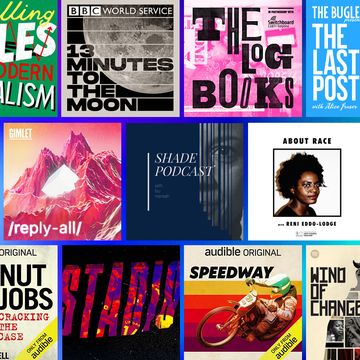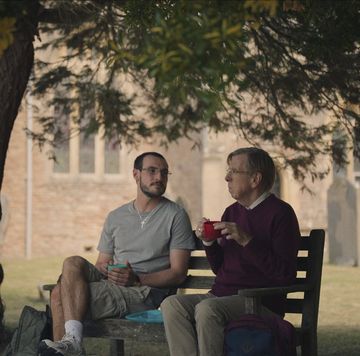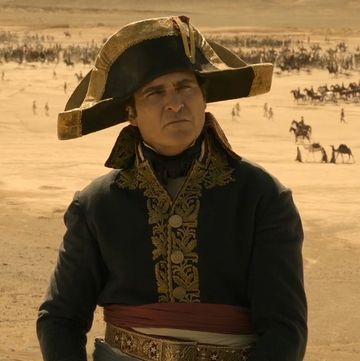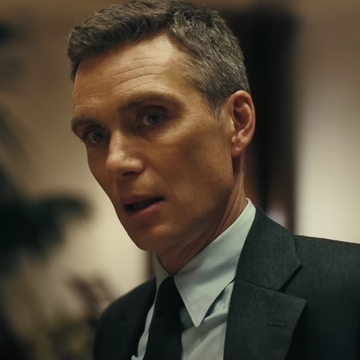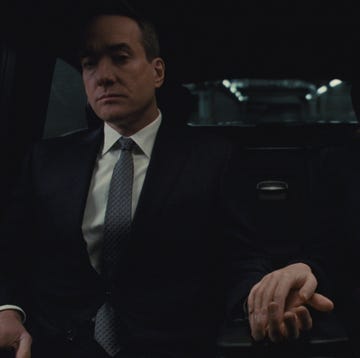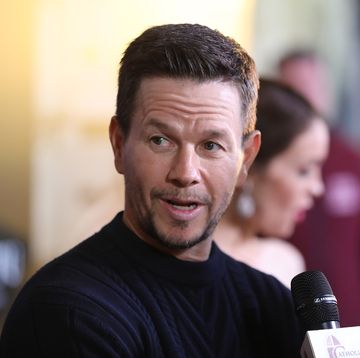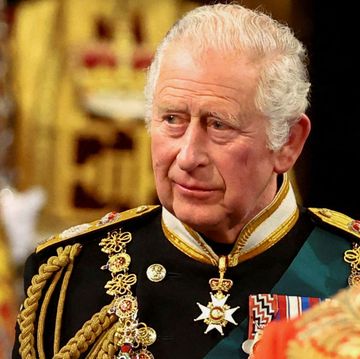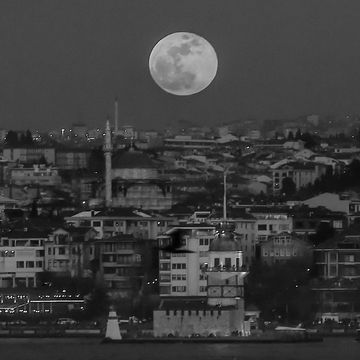Last month Chief Executive of ITV Carolyn McCall warned that now was the last opportunity to build a UK competitor to Netflix. “I think the window is closing,” she told the Guardian, explaining how the channel's most popular show, Love Island, had licensed its back catalogue to the streaming giant instead of hosting them on their own would-be service.
This week that window narrowed further as Netflix announced their plans to significantly increase the number of films, series and documentaries produced across Europe. Having made 141 projects and 81 originals in Europe this year, the number will leap to 221 projects, including 153 originals, in 2019.
They include Criminal, a 12-part police procedural series set in France, Germany, Spain and the UK in which the episodes will never leave the interrogation room, and 16 animated spin-offs of Roald Dahl's classic children's tales.
This increase comes after Netflix and Amazon spent £150m on British-made TV shows, such as Black Mirror and The Crown, last year. Erik Barmack, Vice President of International Originals, announced on Wednesday at the C21 conference in London that, "We are delighted to continue our investment in great European creators and talent, bringing fresh perspectives and untold stories to Netflix members across the world."
The FT report that Netflix's ambitions have "alarmed European broadcasters, which are struggling with the migration of audiences to on-demand services" and Ofcom has repeatedly warned that cord-cutting is increasing in the UK as viewers abandon traditional television.
While many people might struggle to feel sorry for BBC or ITV missing out as they struggle to adapt and remain competitive, Netflix's plans will mean more than just injecting cash into European productions.
As well as these projects, Netflix are continuing to invest in licensing British programmes for other markets such as The Great British Bake Off and Peaky Blinders. This is positive in the sense that it gives British-made content the widest audience possible, but means that the broadcasters who initially acquired or created these projects miss out on earning on them globally.
Earlier this year, the BBC series Bodyguard was such a success it became their most viewed drama since 2008. With the writing skills of Jed Mercurio and acting of potential Bond successor Richard Madden, Bodyguard should be seen as a triumph for British television.
Instead, Netflix, who were early co-partners, funded the project in exchange for global distribution rights and now audiences around the world are watching it repackaged as a Netflix Original.
If, as the UK’s media watchdog this week urged, the country’s public service broadcasters had a collaborative streaming service, Bodyguard would have been a big pull for people the world over to sign-up.
That said, it is worth asking how successful the show would have been without Netflix's funding in the first place. It's not an isolated case either: Wanderlust and The End of the F**king World, both well reviewed after being released on Channel 4 recently, are also Netflix co-productions.
The gap between UK broadcasters and Netflix is widening as the streaming service now attracts directing talent such as David Fincher, the Coen brothers and Cary Fukunaga. This shows no sign of slowing with forthcoming productions such as The Eddy - a musical directed by Oscar-winner Damien Chazelle - and Scorsese's gangster film The Irishman starring Robert De Niro and Al Pacino.
It's not just television broadcasters that are worrying. Netflix recently took the decision to give Gravity director Alfonso Cuarón's Roma a theatrical release – their clearest signal yet they want to compete with Hollywood studios for awards and snare big name directors.
It's been rumoured that Brits Ridley Scott and Tom Hardy are teaming up for a Netflix film centred on the Navy SEALs. How long will it be before the likes of Christopher Nolan or Danny Boyle are lured over, too?
There's more issues than competition to consider. With Netflix looking for projects that will prove popular in as many regions as possible, this could lead to a narrowing of the kind of content available. British dramas like The Crown have proved hugely successful abroad but the same investment in British comedy seems unlikely, as it's a bigger risk to sell to other regions.
"British comedy is no longer a priority for those who run the main channels," said the BBC's former head of comedy Jon Plowman earlier this year. "Controllers find it easier to say “no” to comedy because it’s risky, and “yes” to another procedural drama," he said.
While the streaming service has many examples of diverse and risk taking projects, they also rely on their algorithm to inform new series, and can even predict that a certain plot point will lose 'X' number of viewers based on viewer data.
Charlie Brooker moved his Black Mirror series from Channel 4 to Netflix in 2017 partly to escape the pressure of ratings on traditional television and partly due to the risks the service allowed him and co-creator Annabel Jones to take. Many directors and writers have praised Netflix for this freedom, but does this just extend to a certain type of Netflix-friendly series or film?
Netflix might have green-lit Game of Thrones controversially killing off crucial characters, but would they have been OK taking a chance on comedies with the strange Mark Corrigan or unappealing David Brent front and centre?
There's no telling whether Netflix's new productions will heavily favour drama or instead try to fill the space left by the lack of good British comedies. One thing's for sure, though: if the UK fails to step up with a competitive online service, and instead relies on Netflix's offer of co-partnerships as the streaming site pours money into European shows, British network will suffer.



